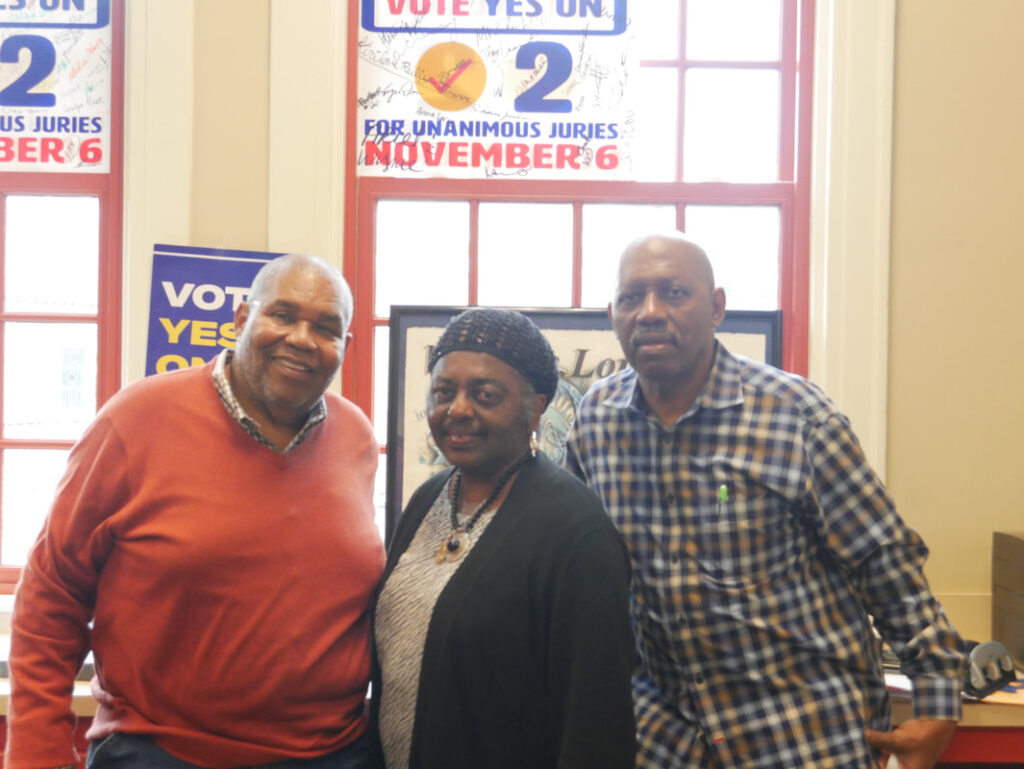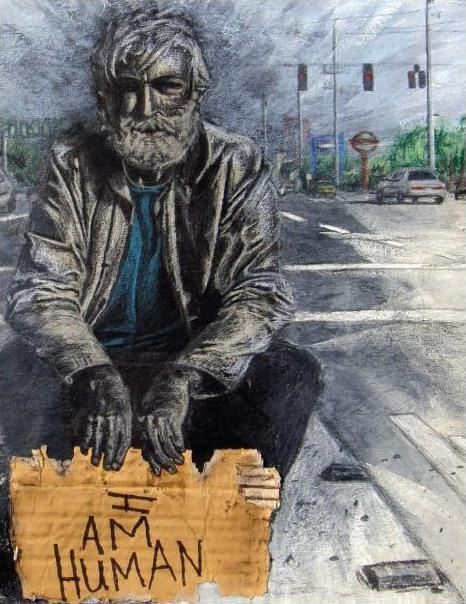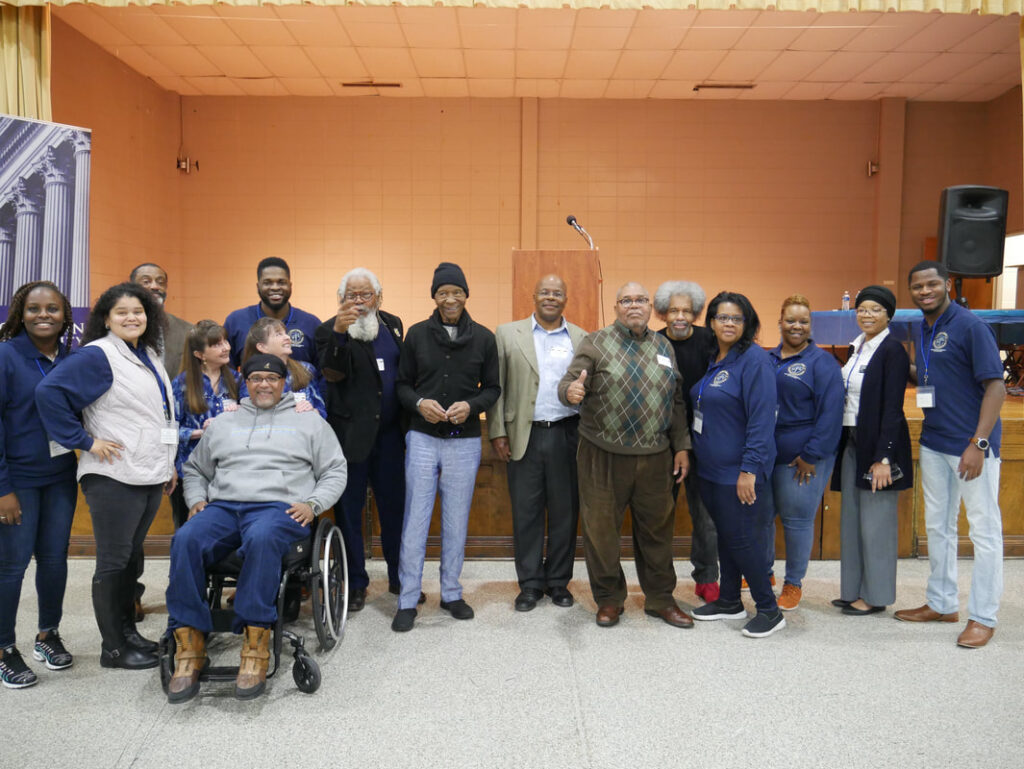
In the mid 1980s, our Founder and Executive Director was part of the Lifers Club at Angola State Penitentiary–a group of men who were told they’d never have a chance to come home. Refusing to accept this fate, they started to do research. Together the Lifers wrote to other people doing life in 10 Southern states, asking about their sentencing laws and reform. To the club’s surprise, they got responses indicating that so many states were fighting for the same reforms as our leader and his friends. They used the letters to draft a legislative bill that aimed to reduce the sentences of people serving life without the possibility of parole (LWOP). Hungry for change, they were disappointed to learn that they needed a legislator to sponsor and file the bill for them. So they wrote to Louisiana state lawmakers, but this time they didn’t get many letters back. Shortly thereafter, Henderson was sharing about feeling dismayed at the Lifers’ monthly meeting, which certain people on the outside were allowed to attend. When he had finished speaking, a woman sitting in the front row stood up. “My name is Naomi White Warren,” she said. “I’m a newly-elected state representative from New Orleans, and I’ll take your bill on for you.” The Lifers’ stories, voices, and perseverance inspired Rep. Warren (now Farve) to join their fight for freedom. “The excitement in the prison was off the chain,” says Henderson. Unfortunately, as that year’s legislative session went on, it was clear that the bill wouldn’t pass. Yet the bill was still a huge success, not only because it finally passed many years later, but because it was the first time in VOTE’s history that our people–the ones closest to the problem–organized to the point of changing the entire trajectory of their lives. Today we carry on this legacy by fighting for more bills and more reform at the Capitol. Every year, our collective voice gets stronger. Here’s what we’re fighting for this year, and how you can join us.
Continue reading This Session, Let’s Strengthen Our Collective Voice

